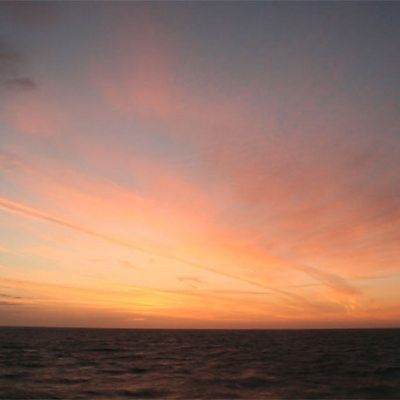Episode details

Radio 4,2 mins
Thought for the day - 10/09/2013 - Rev Professor David Wilkinson, Principal of St John窶冱 College, Durham University
Thought for the DayAvailable for over a year
Good morning. Just a small island that no one pays any attention to, or a land of hope and glory, mother of the free? The Prime Minister's robust defence at the G20 found a natural sound-track in the Last Night of the Proms. The significance of a nation can be reflected by its current achievements and past history, although I personally prefer Shakespeare as an example rather than One Direction. Yet the history of these islands is not simple. Five hundred years ago on this day, only a few miles away, the Battle of Flodden took place. The Scottish King, James IV launched an attack on England, in response to Henry VIII's invasion of France. It was one of the bloodiest encounters in British history, leaving over ten thousand dead in the space of just four hours including James. It's noteworthy that this small island has risen above such enmity and deep scars to form friendship and co-operation. On Saturday I was experiencing another piece of our history, also just a few miles away. Durham has been hosting the Lindisfarne Gospels. This book, thirteen hundred years old, is remarkable not just because of its survival, or its beauty, but because of the complex blend of its artistic styles - Celtic, Anglo-Saxon, Roman, Coptic and Eastern - to celebrate the glory of God and honour St Cuthbert. This is significant for two reasons. First, it transcends the deep religious differences between the Celtic and Roman churches in the 7th century. Second, as Professor Michelle Brown has pointed out, it reflects Britain's early multiculturalism, the combination of styles 'signified that everyone had a place in this colourful vision of an eternal harmony to come.' Indeed, she argues that such books became the focal points in a process of social transformation and the emergence of national identity...
Programme Website